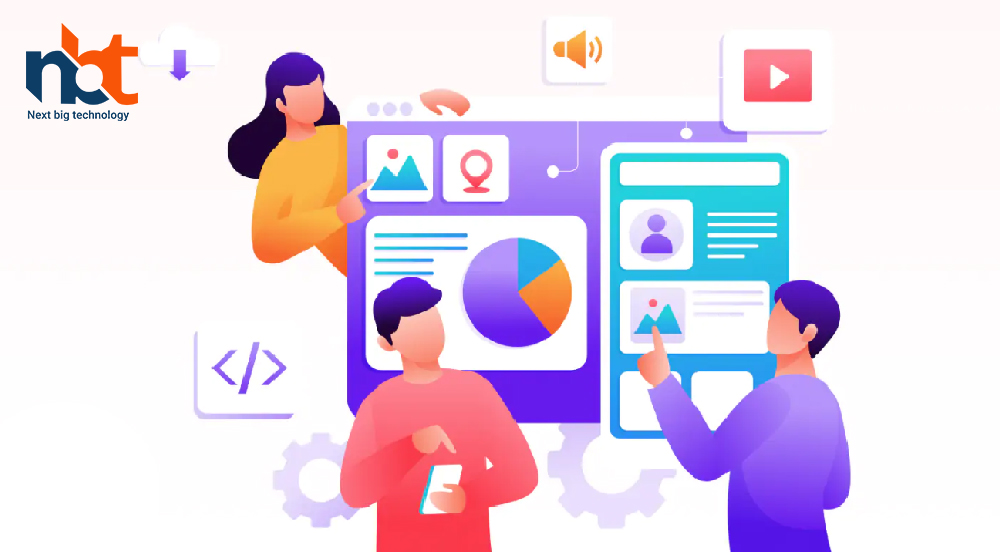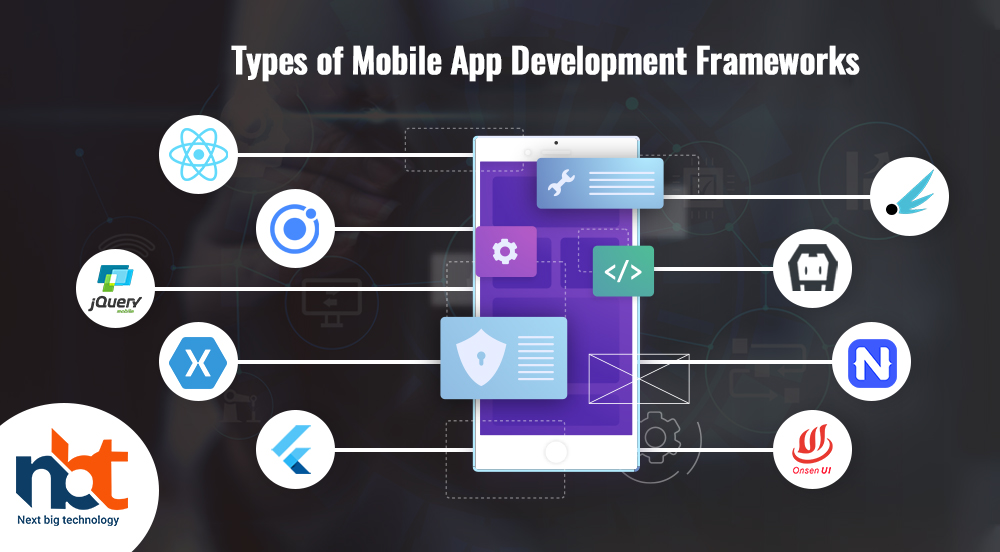In today’s digital age, mobile applications have become an integral part of our daily lives. Whether it’s for social networking, shopping, or productivity, mobile apps are the driving force behind our smartphone usage. As a result, businesses and developers are constantly striving to create innovative and user-friendly mobile apps to cater to the growing demand. However, one crucial decision that developers must make early in the app development process is choosing the right framework. In this article, we will explore the factors to consider when selecting a framework for mobile app development.
Table of Contents
Understanding the Importance of Frameworks
Before diving into the specifics of choosing a mobile app development framework, let’s understand why selecting the right one is crucial. A framework serves as the foundation for your app, providing pre-built components and tools that streamline the development process. It can significantly impact the app’s performance, scalability, and maintenance.
Factors to Consider When Choosing a Framework
When selecting a framework for your mobile app development project, several factors come into play. These factors can be categorized into technical and non-technical aspects. Let’s delve into each of them.
1. Project Requirements
Before choosing a framework, it’s essential to define your project’s requirements. Consider factors such as the app’s complexity, target audience, and desired features. For a simple app, a lightweight framework may suffice, while complex applications may require more robust options.
2. Platform Compatibility
Are you developing an app for iOS, Android, or both? Some frameworks are platform-specific, while others offer cross-platform compatibility. Assess your target audience and decide whether you need a native or hybrid solution.
3. Development Speed
Time-to-market is critical in the competitive world of app development. Frameworks that offer rapid development tools and reusable components can significantly expedite the development process.
4. Community Support
A framework with a thriving community can be a lifesaver when you encounter issues or need assistance. Check for community forums, documentation, and active contributors before making your choice.
5. Performance
App performance is a top priority for user satisfaction. Evaluate how a framework handles tasks like rendering, animations, and data manipulation to ensure a smooth user experience.
6. Scalability
Consider your app’s potential for growth. A framework should allow for easy scalability as your user base expands and new features are added.
Types of Mobile App Development Frameworks
Now that we’ve covered the key factors to consider, let’s explore the different types of mobile app development frameworks available.
1. Native Frameworks
Native frameworks, such as Swift for iOS and Java/Kotlin for Android, provide the best performance and access to device-specific features. They are ideal for building high-performance apps but may require separate development for each platform.
2. Cross-Platform Frameworks
Cross-platform frameworks like React Native, Flutter, and Xamarin allow developers to write code once and deploy it on multiple platforms. They offer a balance between development speed and native-like performance.
3. Progressive Web Apps (PWAs)
PWAs are web-based apps that can be accessed through a browser but provide a mobile app-like experience. They are a cost-effective solution for reaching a broader audience.
Making the Final Decision
After thoroughly evaluating the factors and types of frameworks, it’s time to make your decision.
Consider conducting a proof of concept (PoC) to test the framework’s suitability for your project. Develop a small prototype or sample feature to assess how the framework performs in real-world scenarios.
Conclusion
Choosing the right framework for mobile app development is a critical decision that can impact your project’s success. By carefully considering your project requirements, platform compatibility, development speed, community support, performance, and scalability, you can make an informed choice that aligns with your goals.
In the rapidly evolving world of mobile app development, staying up-to-date with the latest framework trends and technologies is essential. Keep experimenting, learning, and adapting to ensure your mobile apps meet the ever-changing needs of users.
FAQs
1. What is the primary difference between native and cross-platform mobile app development frameworks?
Native frameworks are platform-specific and provide the best performance but require separate development for each platform. Cross-platform frameworks allow developers to write code once and deploy it on multiple platforms, offering a balance between development speed and performance.
2. How do I decide between developing a native app or a progressive web app (PWA)?
The choice between a native app and a PWA depends on your project’s goals. Native apps offer the best performance and access to device-specific features, while PWAs are a cost-effective solution for reaching a broader audience through web browsers.
3. Are there any disadvantages to using cross-platform frameworks like React Native or Flutter?
While cross-platform frameworks offer development efficiency, they may not provide the same level of performance and access to device features as native frameworks. Additionally, staying updated with platform-specific changes can be challenging.
4. How can I ensure my chosen framework is future-proof for my mobile app development project?
To future-proof your app, stay informed about framework updates and industry trends. Consider frameworks with active community support and a history of adapting to new technologies.
5. Is it possible to switch to a different framework mid-project if the need arises?
Switching frameworks mid-project can be challenging and time-consuming. It’s essential to carefully evaluate your choice upfront to minimize the likelihood of needing to switch later.
Thanks for reading our post “Choosing the Right Framework for Mobile App Development”. Please connect with us to know more about Mobile App Development Framework.












